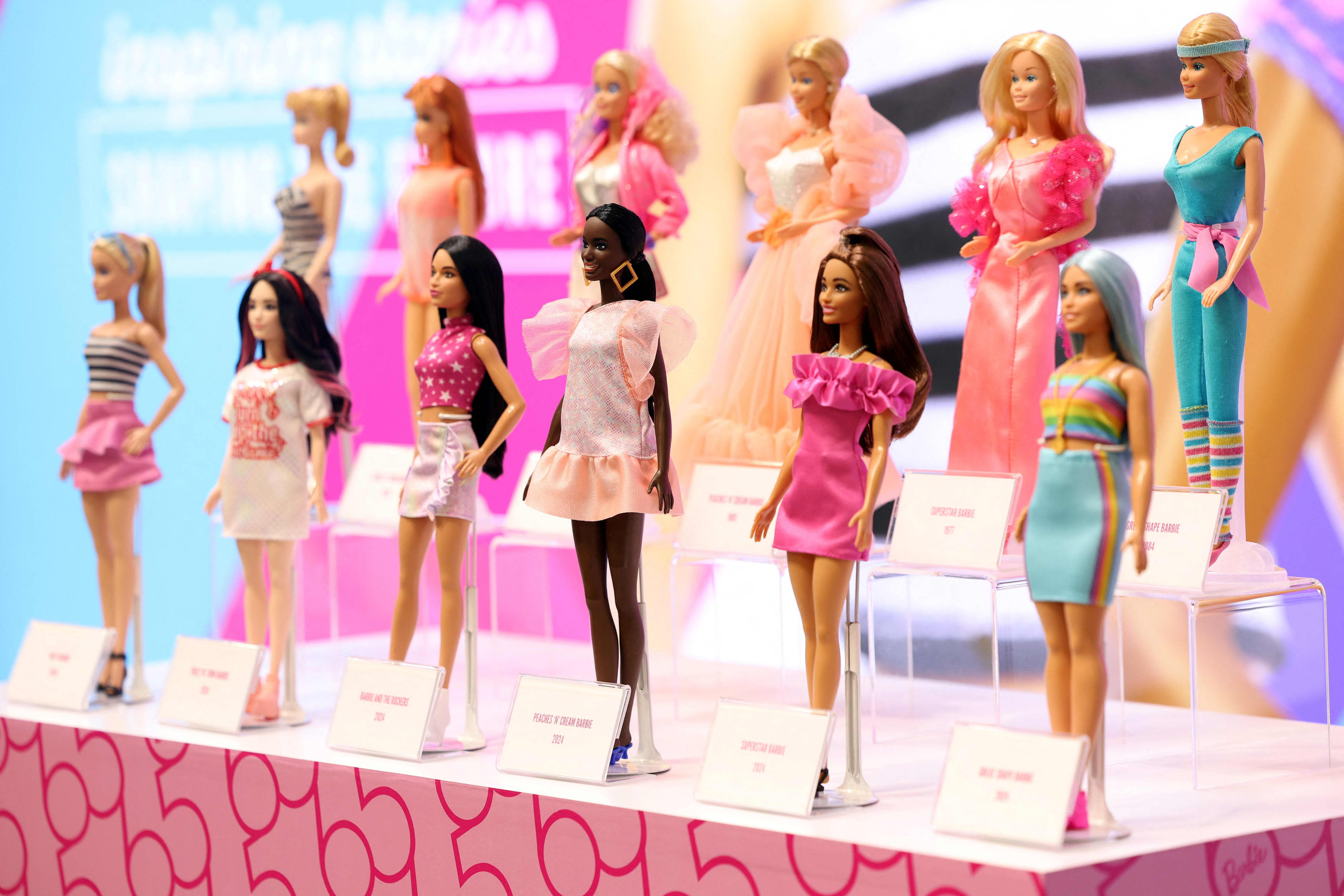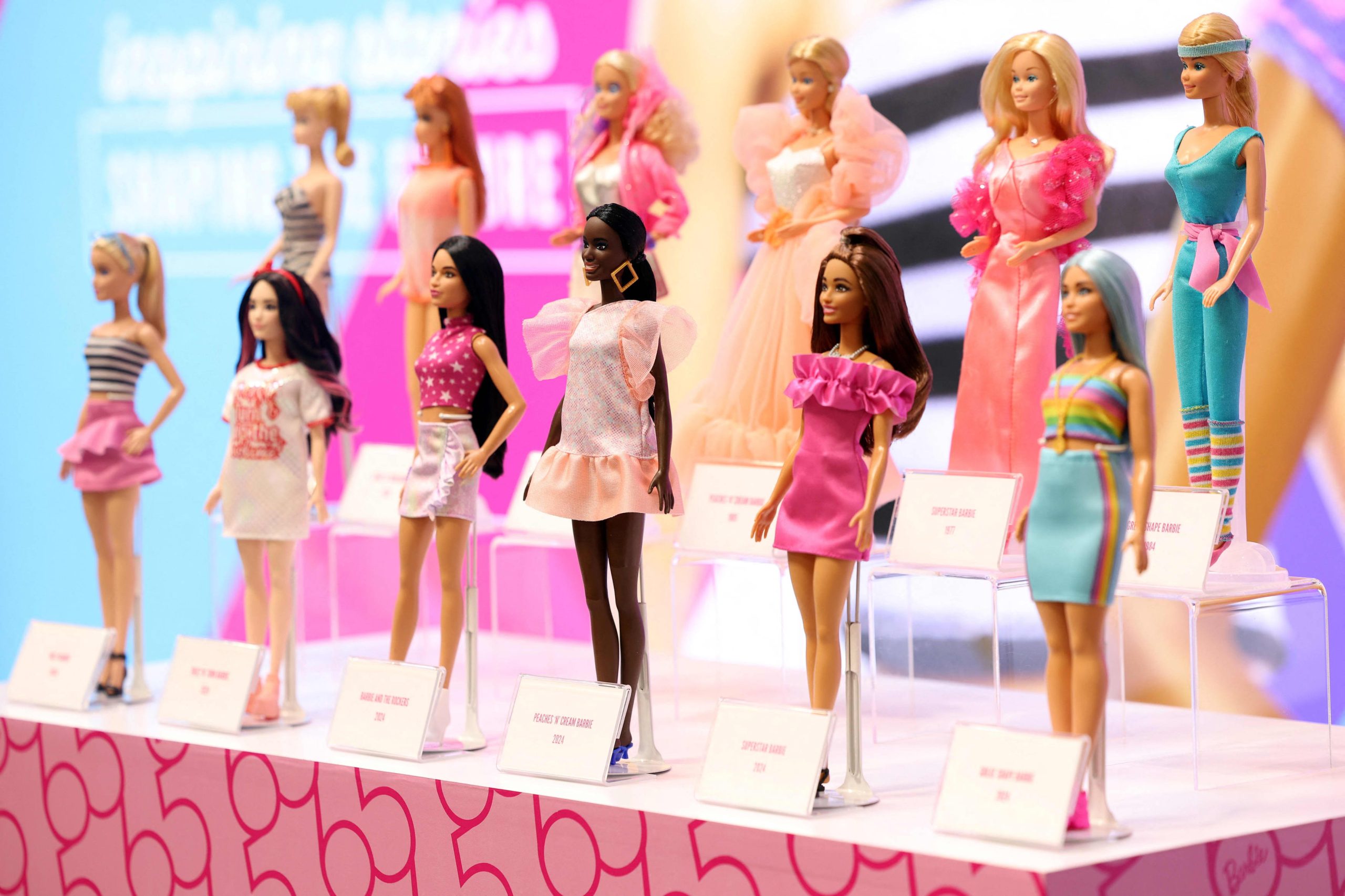
Mattel’s Tariff Tango: How the Toy Giant is Navigating Price Hikes and Supply Chain Shifts
Yo, listen up, folks. The toy aisle ain’t what it used to be—thanks to Uncle Sam’s tariff hammer swinging down on imports like a wrecking ball. Mattel, the brains behind Barbie and Hot Wheels, just dropped a bombshell: prices are going up. Sheesh. If you’ve got kids (or a guilty pleasure for action figures), brace yourself. This ain’t just about plastic dolls—it’s a masterclass in how corporations dance around economic landmines.
Tariffs: The Gut Punch to Toyland
Let’s break it down like a bulldozer through drywall. Nearly 80% of U.S. toys come from China, and Mattel’s supply chain got kneecapped when the Trump administration slapped a 145% tariff on some Chinese goods. CEO Ynon Kreiz ain’t sugarcoating it: those costs are getting passed to you, the consumer. But here’s the kicker—don’t expect factories to come roaring back to Philly. Kreiz says global supply chains are too damn efficient to undo, even with tariffs breathing down their necks.
Mattel’s playing defense by shifting production to other countries (Vietnam, Mexico, you name it). It’s like musical chairs, but with forklifts. Diversification isn’t just about dodging tariffs—it’s insurance against the next geopolitical meltdown. Still, even with price hikes, the company claims 40-50% of its toys will stay under $20. Translation: your kid’s next Hot Wheels might cost a buck more, but Barbie’s dreamhouse won’t *quite* require a second mortgage.
Beyond Toys: Mattel’s Hollywood Hustle
Here’s where it gets interesting. Mattel ain’t just selling toys—it’s selling *stories*. The blockbuster success of the *Barbie* movie (shout-out to Greta Gerwig) proved something wild: plastic can print money if you slap a screenplay on it. The company’s betting big on entertainment, turning Hot Wheels and Barney into film franchises. Why? Because movies mean merch, and merch means revenue that doesn’t rely on Walmart’s shelf space.
This pivot is genius—or desperate, depending who you ask. Traditional toy sales are wobbling (thanks, iPad kids), so Mattel’s building a moat with intellectual property. Next up: a *Polly Pocket* movie? Don’t laugh—it might just save their balance sheet.
Lobbying and the Battle for Tariff Exemptions
Behind the scenes, Mattel’s got lobbyists working overtime. Kreiz argues toys should be tariff-free, like books, because they’re “educational.” (Tell that to the kid who just flushed an action figure down the toilet.) The Toy Association’s CEO, Greg Ahearn, warns prices could jump 20% by back-to-school season. That’s a gut punch for parents already getting crushed by inflation.
But here’s the real talk: Mattel’s not alone. The entire toy industry’s screaming into the void, begging D.C. for relief. Meanwhile, the company’s tightening its belt—optimizing supply chains, squeezing logistics, and praying the *Barbie* sequel sells enough popcorn to offset tariff pain.
The Bottom Line: Agility or Bust
Mattel’s story is a microcosm of global trade chaos. Tariffs? Check. Supply chain whiplash? Check. A CEO who’d rather talk movies than MOQs? Double-check. But the company’s surviving—barely—by throwing every trick in the playbook at the problem: price hikes, factory shuffles, Hollywood dreams, and D.C. arm-twisting.
The lesson? In today’s economy, you either pivot or perish. Mattel’s betting on nostalgia, scale, and Margot Robbie’s star power to bulldoze through the mess. Will it work? Stay tuned. But one thing’s clear: the toy box of the future will cost more—and it might come with a movie ticket.
*Boom. Analysis complete. Now somebody pass me a stress ball shaped like a Barbie head.*





发表回复